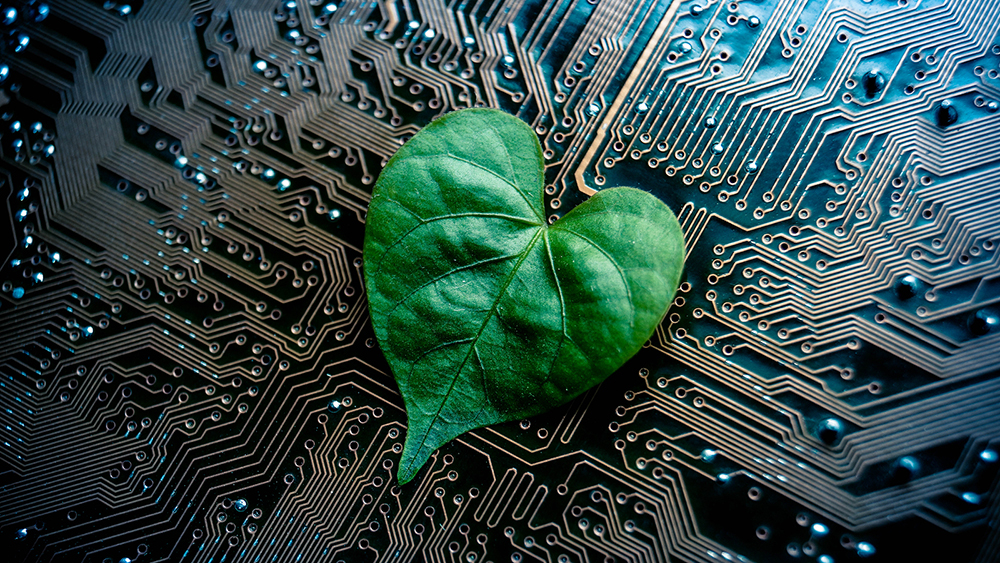Samsung and Amazon fail to meet Greenpeace energy standards
Apple, Dell and HP are all making progress towards sustainability, achieving C+ or above


A number of tech companies including Samsung, Huawei and Amazon are failing to meet Greenpeace's energy standards, despite saying they're making efforts to be more green.
The charity researched 17 of the world's biggest technology companies for its 2017 Guide to Greener Electronics, ranking their practices across reduction of emissions through renewable energy, use of recycled materials, and elimination of hazardous chemicals.
Samsung, Huawei and Amazon were all graded D or below, meaning the way they're being run needs to dramatically change if they're to make a significant change to the fortunes of the world's environment.
"Tech companies claim to be at the forefront of innovation, but their supply chains are stuck in the Industrial Age. We know they can change. Rather than fuelling climate change, IT companies need to show the way forward, just as some companies like Google and Apple have with data centres run on renewables," said Gary Cook, senior IT campaigner at Greenpeace USA.
Greenpeace explained that Samsung still heavily relies on fossil fuels to produce its products, which is putting a huge burden on the environment. It noted that in 2016, only 1% of the 16,000 GWh of energy used to create its products came from renewable sources.
"It's clear the impacts of the linear take-make-waste business model of device manufacturers extend beyond the concerns of e-waste. We need to see greater ambition, more transparency, and follow through from companies to address the environmental impacts of their enormous supply chains. The current model cannot be maintained," said Cook.
However, Greenpece praised the efforts of Fairphone, Apple, Dell and and HP for leading the drive to be more sustainable, achieving a B, B-, C+ and C+ respectively in the company's grading structure.
Sign up today and you will receive a free copy of our Future Focus 2025 report - the leading guidance on AI, cybersecurity and other IT challenges as per 700+ senior executives
However, Apple is apparently "going backwards" when taking sustainable product design into account because many of the components of its products can't be recycled, unlike HP and Dell's which can be upgraded fairly easily without damaging the environment.

Clare is the founder of Blue Cactus Digital, a digital marketing company that helps ethical and sustainability-focused businesses grow their customer base.
Prior to becoming a marketer, Clare was a journalist, working at a range of mobile device-focused outlets including Know Your Mobile before moving into freelance life.
As a freelance writer, she drew on her expertise in mobility to write features and guides for ITPro, as well as regularly writing news stories on a wide range of topics.

